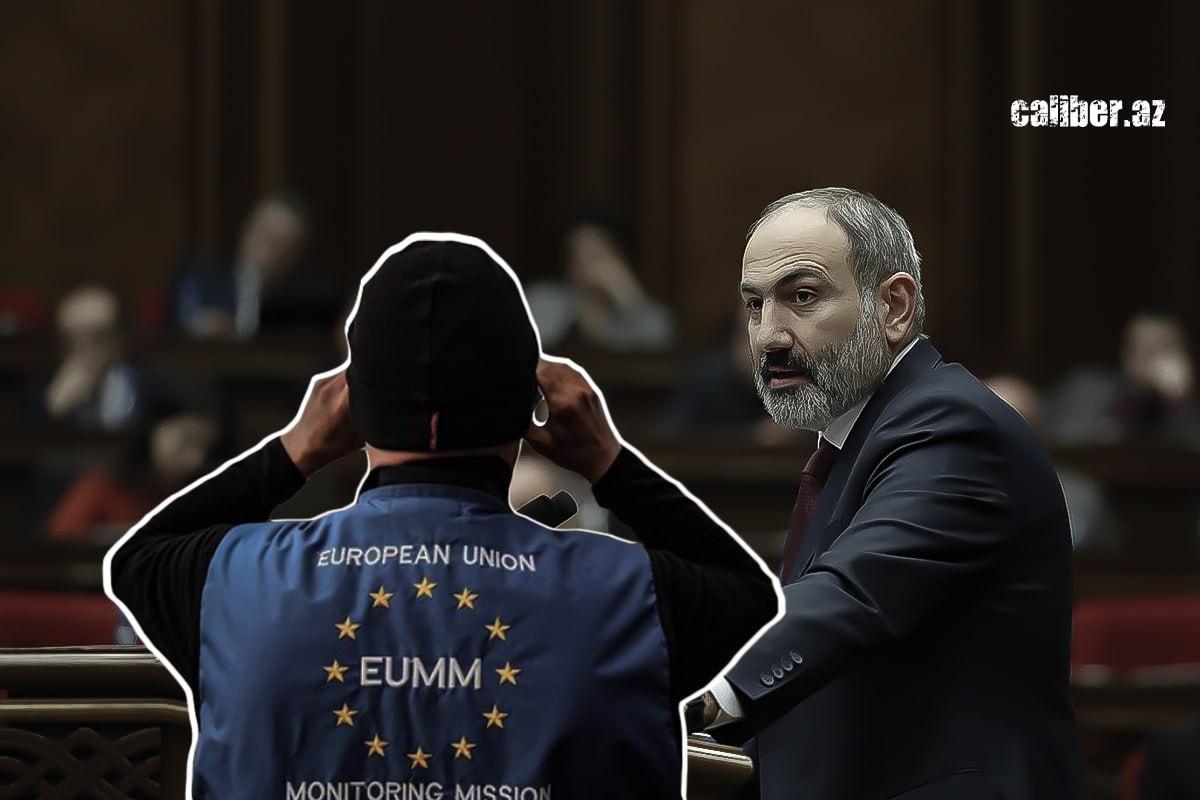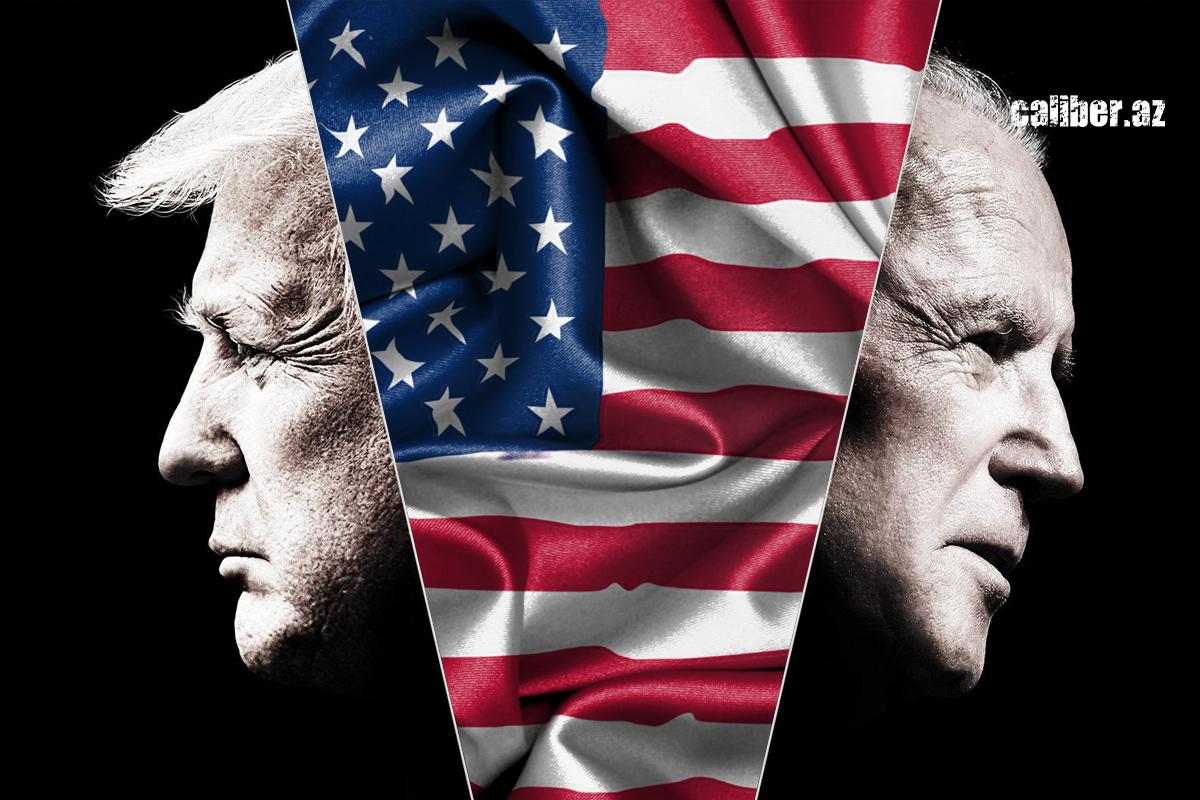Europe will not go to war for Armenia - politician Russian politician on Caliber.Az
Caliber.Az interview with Russian politician, professor of Philosophy, analyst of the World Zionist Organization Alexander Osovtsov.
- The West seeks to rock the situation in the South Caucasus and hinder the Armenian-Azerbaijani settlement, Secretary of the Security Council of the Russian Federation Nikolai Patrushev said the other day. In his opinion, the desire to rock the situation in the South Caucasus and to prevent the Armenia-Azerbaijan settlement has led to the aggravation of the situation in the region. What does Patrushev's rather unexpected message mean, and why has he joined this discourse now?
- Now Russia's position in the South Caucasus has considerably weakened. Although not so long ago the Russian leadership, including Patrushev, considered themselves the main actor in the region, the main "divider" between Azerbaijan and Armenia. And now, due to the changed situation, we can see that the US, France and the EU are trying to take their place in the region. Of course, Türkiye has always had a special position in the Caucasus. And now it plays a much more important role in the region than it did five to seven years ago. In my opinion, Patrushev, as Secretary of the Security Council, joined this dialogue to emphasize that Russia is still a key country in the region, capable of influencing and making some decisions.
In fact, Russia has found itself in a very difficult position in the South Caucasus. After all, until recently it was, in fact, an ally of Armenia. But Armenia lost the 44-day war, and now, betraying Moscow, is looking for support in the West. So, in this process Russia is now seriously sagging, and its place in the region is not quite clear. Everything is clear here with Azerbaijan. As a winner, it relies on its traditional allies and partners, primarily Türkiye, and develops ties with other external players in the East.
Russia is losing its position in the South Caucasus due to its short-sighted policy of many years. And whether it will be able to keep at least what it has, depends not on Moscow, but on how long the ambitions of the Armenian leadership will be supported in Washington, Paris and other centers of power in the West.

- And who, in your opinion, is capable of replacing Russia in the South Caucasus?
- It depends on what role. Russia has been primarily a military ally for Armenia. Both arms supplies and Russia's military base strengthened Armenia's position in its confrontation with Azerbaijan. And now, if Armenia moves away from the idea of war towards building peaceful relations with Azerbaijan, cooperation with Russia may not be so necessary for Yerevan.
As for economic relations, it is quite clear that Russia is not in the best condition now, and for Yerevan economic ties with the US and the EU look much more promising. Pashinyan makes no secret of the fact that he counts on Western investments, and therefore the situation of "the less war - the more the West" in the South Caucasus is very obvious. A peaceful environment is also attractive for China, if, of course, it wants to take advantage of it and try to establish its position in the region, but not for Russia. The Russian economy is becoming increasingly militarized, so this is a completely different pole of cooperation, which is less and less acceptable for the development of the South Caucasus.
- Brussels is discussing that the next European Commission should include a commissioner in charge of defense issues. Are we again talking about a pan-European army separate from NATO?
- Talks about the creation of a European army have been going on for a long time. I remember that some French-German brigades were even formed. But things did not go any further than that. It is clear that the war in eastern Europe is pushing European countries to strengthen their defense capabilities. European states have already started investing in the production of weapons, construction and strengthening of their armies. And this process will not stop until the military threat from the east is reduced.
At the same time, I do not believe that Europe's military strategy will extend to the South Caucasus. European countries will not interfere in a serious military way, playing the role that Russia has played, they do not need it, even despite the certain influence of the Armenian diaspora in Europe, especially in France. To develop ties - yes, to support ideologically to some extent - yes, but France will not want to become part of a real armed confrontation in the region for the sake of Armenia, and the rest of the European countries even more so.
In the operational format, it is possible to create some kind of army in Eastern Europe as a kind of cordon sanitaire, for example, with the participation of Poland, the Baltic States and Romania. Such options have been discussed for a long time, but the other thing is that these countries, apart from Poland, are small and do not have the necessary potential. So the issue of creating an EU army has its own prospects, but it will take years to realize this project, it will not be possible to implement this idea quickly.
- What does Israel expect from the upcoming US elections? Which side do Israelis sympathize with - Biden or Trump?
-The outcome of the US election is still difficult to predict. It is clear that the only Republican candidate Biden can fight is Trump. At the moment, Trump has a higher rating than Biden.

It is clear that for domestic political reasons, Biden is less and less supportive of Israel in the current war, relations between the Biden administration and Israel are deteriorating, and now the issue of a Palestinian state has also come up, which is very painful for Netanyahu and much of his government. So, I think, Netanyahu will do everything to get to the American elections, and then either Trump will change the US position in favor of Israel, or Biden will be much freer in his choice of decisions if he wins. After all, everything he says now is designed primarily for the left wing of his party, whose votes he is afraid of losing. So Israel's position now is approximately the following: to drag it out until November, and then we'll see.
In general, of course, Israel remembers Trump as a friend - there has never been such a pro-Israeli president in America.








